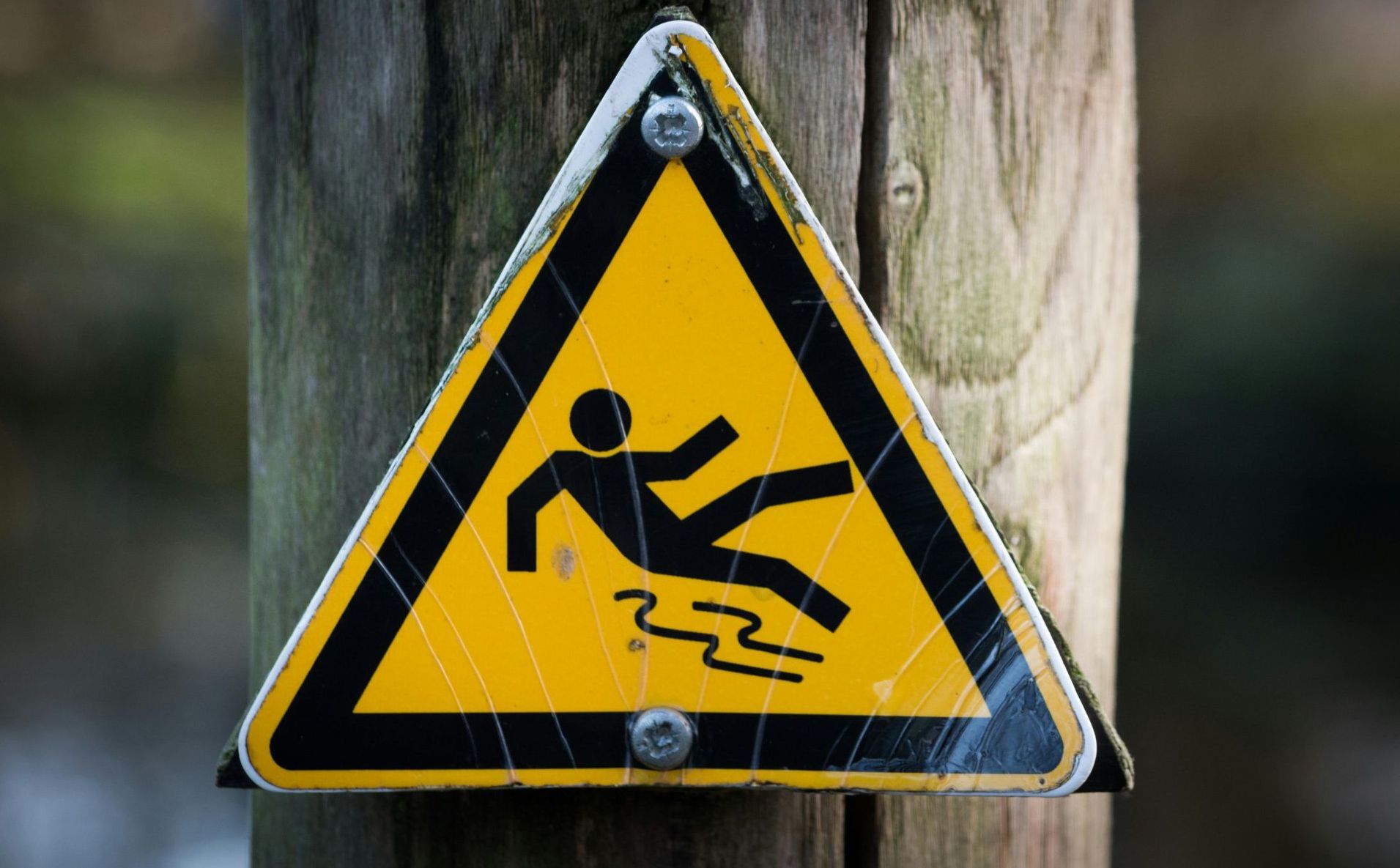Get Experienced & Committed Counsel
Traumatic Brain Injury Claims in Clearwater: Getting the Compensation You Deserve
Law Office of Alex Hernandez • August 15, 2025
Traumatic Brain Injury Claims in Clearwater: Getting the Compensation You Deserve
Traumatic brain injuries represent some of the most devastating consequences of accidents, often creating lifelong challenges that extend far beyond the initial incident. For victims and families in Clearwater dealing with TBI consequences, understanding your legal rights becomes essential for securing the resources needed for recovery and long-term care.
Understanding Traumatic Brain Injuries
Traumatic brain injuries occur when external forces cause damage to brain tissue, ranging from mild concussions to severe injuries resulting in permanent cognitive impairment. Unlike visible injuries, TBI symptoms may not manifest immediately, making early medical evaluation crucial even after seemingly minor accidents.
The brain's complex structure means that seemingly identical impacts can produce vastly different outcomes. Some individuals recover completely from what appears to be a serious head injury, while others experience lasting effects from accidents that initially seemed minor. This unpredictability underscores the importance of thorough medical evaluation and ongoing monitoring.
Common Causes of TBI in Clearwater
Motor vehicle accidents remain the leading cause of traumatic brain injuries in the Clearwater area. High-speed collisions, even with airbag deployment, can cause the brain to move violently within the skull, resulting in damage to delicate brain tissue. Motorcycle accidents pose particularly high risks due to limited protection, even when riders wear helmets.
Slip and fall accidents frequently cause TBI when victims strike their heads on hard surfaces. These incidents occur commonly in parking lots, retail establishments, and construction sites throughout Clearwater. Property owners have legal obligations to maintain safe conditions, and failure to address hazards can create liability when brain injuries result.
Sports-related injuries and workplace accidents also contribute to TBI cases. Construction workers face elevated risks from falling objects or falls from heights, while recreational athletes may suffer concussions during contact sports or cycling accidents.
Types and Severity of Brain Injuries
Mild traumatic brain injuries, commonly called concussions, can still produce significant symptoms including headaches, confusion, memory problems, and mood changes. While often described as "mild," these injuries can have serious long-term consequences, particularly when multiple concussions occur over time.
Moderate to severe TBI can result in permanent disabilities affecting cognitive function, motor skills, speech, and personality. These injuries often require extensive rehabilitation, long-term care, and significant lifestyle modifications for both victims and their families.
Secondary brain injuries can develop days or weeks after the initial trauma as swelling, bleeding, or oxygen deprivation cause additional damage. This delayed onset highlights the importance of ongoing medical monitoring and can complicate legal cases when symptoms appear well after the original accident.
The Challenge of Invisible Injuries
Brain injuries present unique legal challenges because they're often invisible to observers. Unlike broken bones or obvious wounds, TBI symptoms may not be immediately apparent to insurance adjusters, juries, or even family members. Cognitive impairments, personality changes, and chronic pain can be difficult to quantify and communicate effectively.
Insurance companies often dispute TBI claims, particularly when neuroimaging studies appear normal. Many brain injuries don't show up on standard CT scans or MRIs, requiring specialized testing and expert medical testimony to establish the extent of damage and its impact on the victim's life.
Economic Impact of Brain Injuries
The financial consequences of traumatic brain injuries can be overwhelming. Immediate medical costs for emergency treatment, hospitalization, and diagnostic testing often reach tens of thousands of dollars. Long-term care expenses including rehabilitation therapy, medical equipment, and ongoing treatment can continue for years or even a lifetime.
Lost earning capacity represents another significant economic impact. Brain injuries can prevent individuals from returning to their previous occupations or require career changes to lower-paying positions. Some victims become unable to work entirely, creating substantial financial hardship for entire families.
Family members often must provide caregiving support, reducing their own earning capacity and creating additional financial strain. The ripple effects of TBI extend far beyond the injured individual, affecting entire family systems for years to come.
Calculating Damages in TBI Cases
Traumatic brain injury compensation must account for both current and future needs. Medical expenses include not only immediate treatment costs but also ongoing therapy, medications, medical equipment, and potential future surgeries. Life care planners often provide detailed assessments of lifetime care needs to ensure adequate compensation.
Lost wages calculations become complex when brain injuries affect cognitive abilities and career prospects. Vocational experts may evaluate the victim's reduced earning capacity and recommend appropriate compensation for lost future income.
Non-economic damages for pain and suffering, loss of enjoyment of life, and emotional distress often represent significant portions of TBI settlements. The invisible nature of brain injuries requires skilled legal representation to effectively communicate these impacts to insurance companies and juries.
The Importance of Expert Medical Testimony
Successful TBI claims often depend on expert medical testimony to establish the connection between accidents and resulting brain injuries. Neurologists, neuropsychologists, and other specialists can explain complex medical concepts and help demonstrate how injuries affect daily functioning.
Neuropsychological testing provides objective evidence of cognitive impairments that may not be visible on traditional medical imaging. These comprehensive evaluations assess memory, attention, processing speed, and executive function to document the full extent of brain injury impacts.
Seeking Comprehensive Legal Representation
Traumatic brain injury cases require attorneys with specific experience in complex medical litigation and understanding of long-term care needs. If you or a loved one has suffered a brain injury in Clearwater or the surrounding areas, specialized legal representation becomes essential for protecting your rights and securing appropriate compensation.
The Law Office of Alex Hernandez understands the devastating impact of traumatic brain injuries and the complex legal challenges they present. Our experience with traumatic brain injury cases and commitment to thorough investigation ensures your case receives the attention needed for successful resolution.
Contact our office at (727) 443-0701 for a free consultation. We're dedicated to helping brain injury victims and their families navigate the legal system while focusing on recovery and rebuilding their lives with the resources they need for the future.




Contact Us Today
Fill out the attached form to schedule a free consultation.
Law Office of Alex Hernandez
- Mon - Sun
- Open 24 Hours
Contact Us
We will get back to you as soon as possible.
Please try again later.










